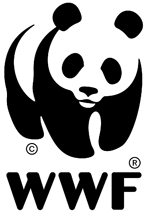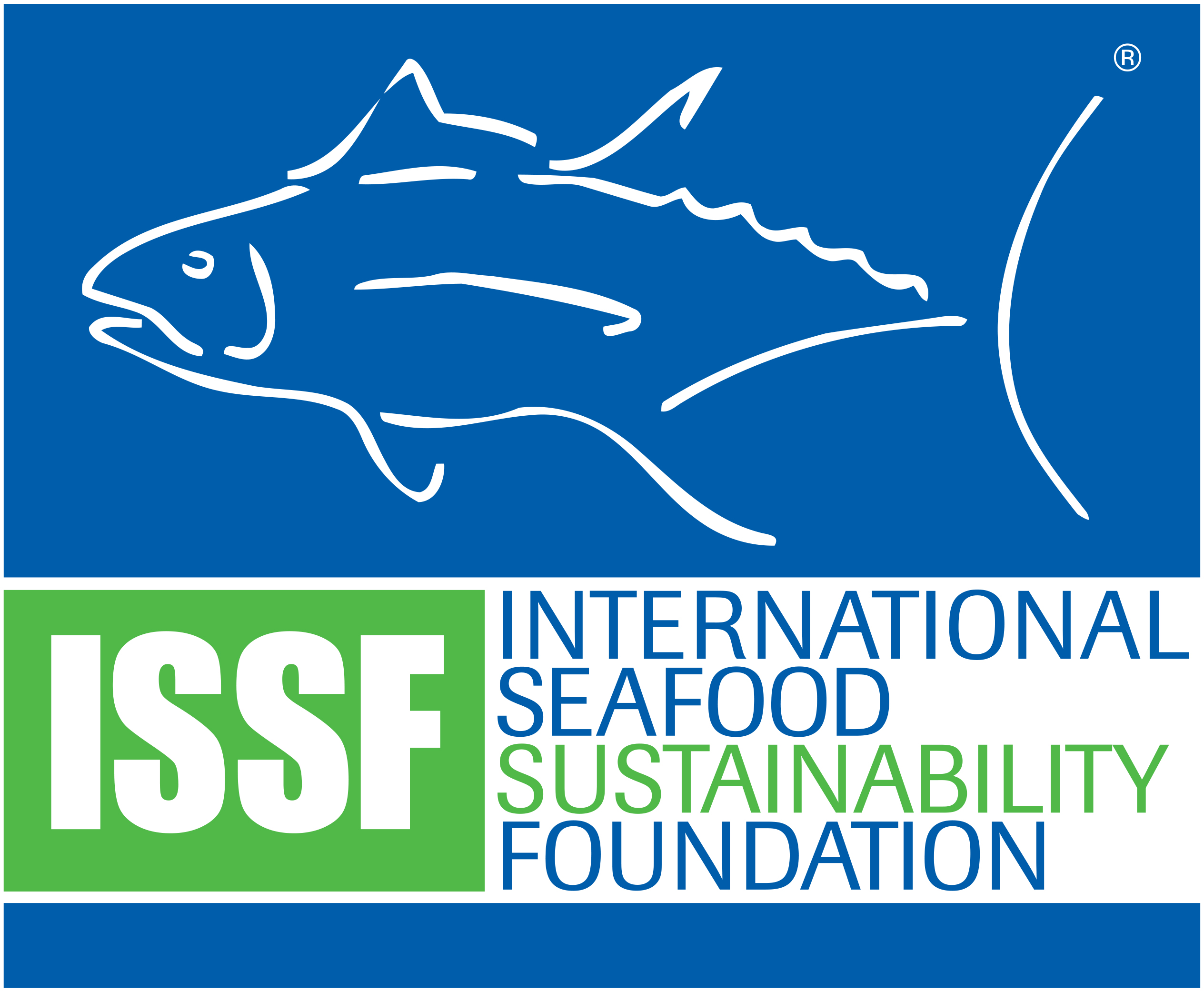Over 500 fisheries experts, managers and industry representatives trained on sustainable management strategies for tuna fisheries
17 December 2019
As a migratory fish species, tuna can swim thousands of miles between countries and across the open ocean, straddling both the exclusive economic zones as well as the areas beyond national jurisdiction (ABNJ). Approximately seven million tonnes of tuna and tuna-like species are landed yearly, and there are over 96 countries involved in the conservation and management of tuna. With this strong demand, combined with overcapacity of fishing fleets, sustainable management is critically important.
To address this need, the Common Oceans ABNJ Tuna Project, funded by the Global Environment Facility (GEF) and implemented by the Food and Agriculture Organization of the United Nations (FAO), teamed up with World Wide Fund for Nature (WWF), Ocean Outcomes (O2) and the International Seafood Sustainability Foundation (ISSF), to conduct a series of training workshops with the support of scientists from various institutions involved in the tuna Regional Fisheries Management Organizations (RFMOs). The 13 workshops were designed for fisheries managers, scientists and tuna industry representatives from developing countries, to assist them with developing sustainable management strategies in collaboration with four tuna RFMOs.
The initial round of workshops were carried out from 2014 to 2018. Through theoretical sessions explaining the principles of sustainable fisheries management, combined with hands-on exercises and simulation tools explaining the use of management strategy evaluation (MSE) - a process that allows stakeholders to assess the effectiveness of different management procedures - to guide the adoption of harvest strategies. This round had a total eight workshops, 366 participants, 66 of whom were from tuna RFMO member countries, participating territory or cooperating non-member States, as well as individuals from the tuna RFMO Secretariats, FAO representatives, scientific and tuna management experts, industry and NGOs.
 |
 |
| First workshop, for the Indian Ocean and Indian Ocean Tuna Commission (IOTC) member States, in Sri Lanka in 2014 (watch video here) © WWF |
Second workshop, for the Eastern |
 |
 |
| Third workshop in Ghana for the Atlantic Ocean and the International Commission for the Conservation of Atlantic Tunas (ICCAT), in 2016 © O2 |
Fourth workshop, for the Indian Ocean and IOTC member States, |
 |
 |
 |
| Fifth workshop, for the Pacific Ocean and members of the Western and Central Pacific Fisheries Commission (WCPFC), in Bali in 2017 © O2 |
Sixth workshop, in Senegal for Atlantic Ocean and ICCAT member States, in 2018 © O2 |
Seventh workshop, in Fiji for the Western and Central Pacific Ocean, |
 |
||
| Eighth and last workshop in first round, for the Eastern Pacific Ocean, in the United States in 2018 © WWF | ||
Building on the success from the first round, five additional national workshops were developed for tuna fishing nations in the Eastern Pacific Ocean: Panama, Ecuador (watch video here), the United States, Mexico, and Colombia, in 2019. Across these countries, 111 participants, including scientists, company vessel operators, and representatives from government ministries and civil society organizations met to learn about the new concepts and scenarios in modern fishing management that are discussed in the high-level negotiations of the Inter-American Tropical Tuna Commission (IATTC).
These workshops provided the space for all stakeholders to come together - many for the first time - to participate in the scientific MSE process. With this collaboration, the scientific staff of the IATTC will conduct modeling exercises to develop more effective management measures. Eventually, the results of will contribute to new management recommendations by the IATTC, including proposed harvest control rules to determine annual catch.
 |
| Workshop for IATTC member countries, in Ecuador in 2019 © WWF |
"Tuna fisheries have a significant biological, economic and cultural value, and the stocks need to be sustainably managed using a precautionary approach", Alejandro Anganuzzi, Global Coordinator of the Common Oceans ABNJ Tuna Project, explained. "Finding ways to promote this approach and the adoption of harvest strategies for all major tuna stocks, have been a top priority for us and the outcomes of the MSE workshops exceeded our expectations. Bringing these people together, to exchange experiences and receive hands-on training, have prepared them to fully engage in decision-making processes that reinforces the sustainability of their fisheries", he continued.
A participant in the Panama workshop highlighted the usefulness and importance of this type of training: "After attending this workshop, I feel more confident in preparing arguments to propose to management alternatives". Luigi Benincasa, director of ATUNATEC, expressed his appreciation while attending the workshop in Ecuador: "Thank you for bringing the discussion of these important issues to our region".
Access the final report from the first round of workshops here, and a summary of the second round here.
For further information, please contact:
- Alejandro Anganuzzi, Global Coordinator, Common Oceans ABNJ Tuna Project, FAO | [email protected]
- Pablo Guerrero (WWF-Ecuador) and Maria Prebble (WWF-US)
 |
 |
 |
 |

